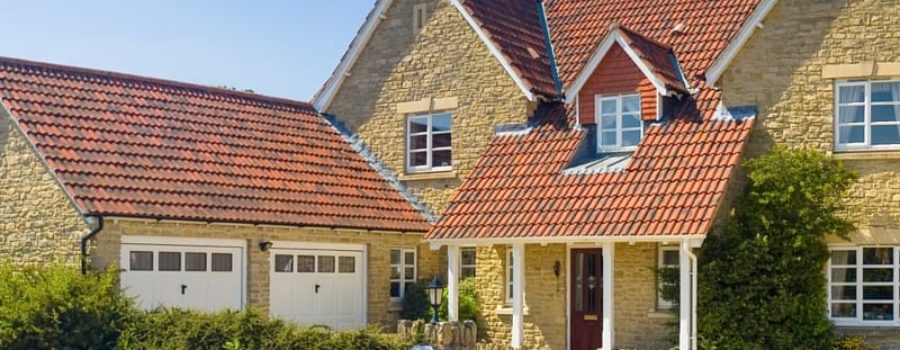 Property prices have continued to rise, with the average value of a UK property exceeding £205,000 for the first time on record this month.
Property prices have continued to rise, with the average value of a UK property exceeding £205,000 for the first time on record this month.
So what do you have planned for your property wealth? What is its purpose?
When we speak to our clients about their plans for the money tied up in their homes, we tend to hear similar plans.
For many, their home is a place to live in retirement.
This of course should be the main reason for owning a residential property; it’s a roof over your head and somewhere to live, rather than serving a specific investment purpose.
Many people however have additional plans for that money.
For some, the plan is to downsize to a smaller property, releasing some capital and using this money to supplement income in retirement.
Others plan to fall back on property wealth much later in retirement, at the stage they need long-term care.
Property also forms part of plans for inheritance for many of our clients.
These priorities for property wealth have been backed up by new research from provider Aviva.
They found more than half of over-45 homeowners feel they could benefit from using their home as an extra source of retirement income.
Significantly more 45-54s feel this way than over-75s, pointing to a generational shift in attitudes.
At the same time, over-45s have other uses in mind for their housing wealth.
More than half feel it will be needed to pay for care in later life while the same number feel their quality of life would benefit from using it to pay for home adaptations.
Furthermore, 61% see property wealth as a key part of their inheritance planning.
But with younger generations facing a challenge to get on the property ladder themselves, another shift may be occurring; 54% of over-45 homeowners would prefer to give money while they are still alive – ‘a living inheritance’ – to help a family member buy their first home, rather than leave a traditional inheritance.
Aviva found almost one in three over-45 homeowners have already or plan to give money to help a child buy their own first home, making an average contribution of £25,090.
Most of those who provide financial support use their savings and investment income to do so, either to pay for a deposit (71%) or buy a property outright (10%).
Commenting on the findings, Clive Bolton, Managing Director, Retirement Solutions, Aviva UK Life, said:
“Pension freedoms have resulted in new decisions for people to make about how they use their life savings, and these findings suggest we are also starting to see a shift in attitudes towards wider use of property to help fund retirement, as well as providing a place to live.
“Property assets more than match pension wealth for many older homeowners, so it is sensible to consider bricks and mortar among the options to supplement their savings.
“However, later life brings a host of financial challenges and pressure points, which suggest it would be wise not to place all retirement bets on the house.
“The equity build up in people’s homes sounds like a lot, but considering that many can be retired for 20 years or more and often want to help their families as well as themselves, it’s easy to overestimate how far that money will take them.
“People need to consider if there is enough house to go around and build this into their retirement plans alongside their other assets.
“As well as boosting day-to-day funds, people also earmark their property wealth to help pay for care, leave an inheritance and help younger generations onto the housing ladder.
“There are also widespread worries about paying off mortgages to address in later life, along with a general desire to avoid needing to move from the place they call home.”
What is the purpose of your property wealth?
If you plan to use property wealth for supplementing income in retirement, paying for your care or providing an inheritance for the next generation, they make sure you factor this into your long-term financial plans.
Do get in touch if you would like to discuss how you plan to use your property wealth in the future.

